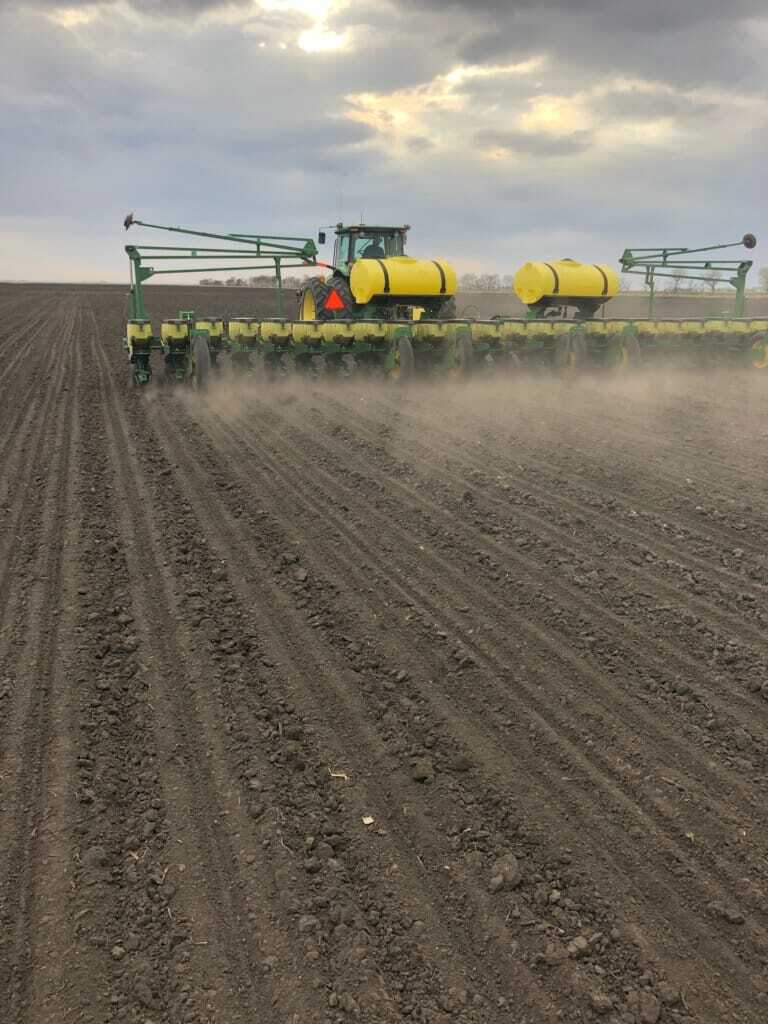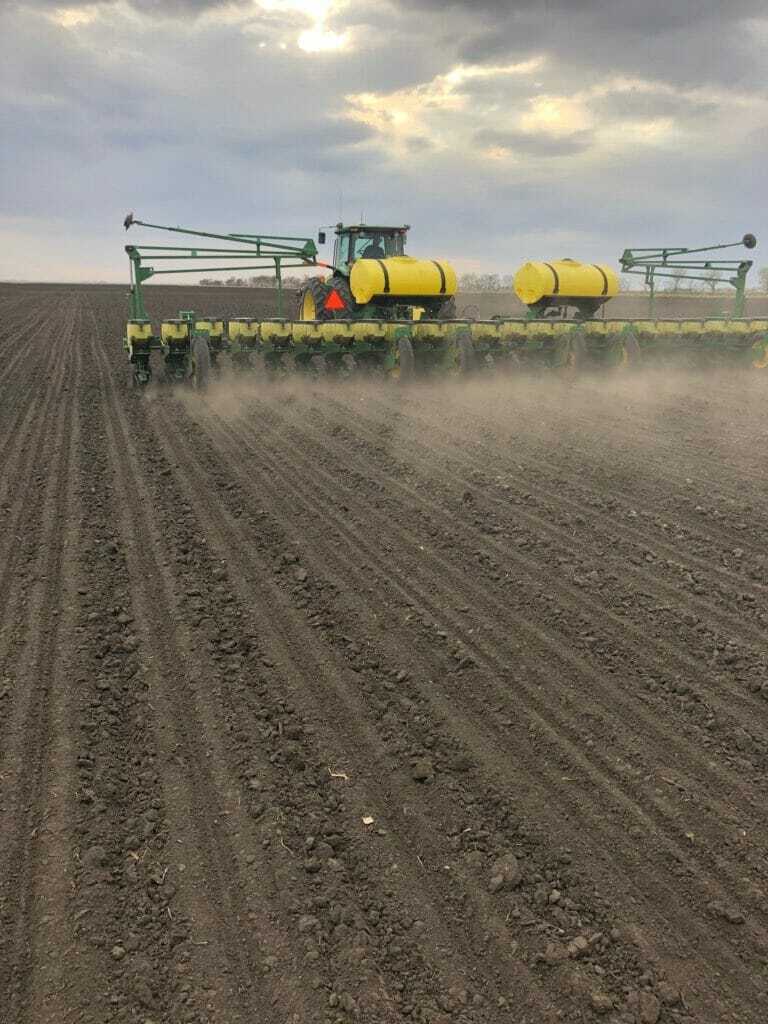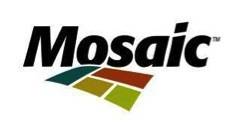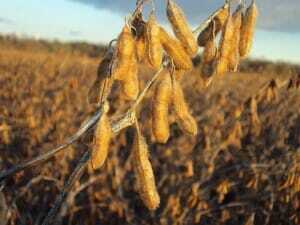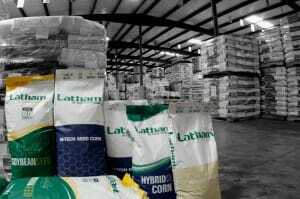 A soybean-corn crop rotation allows farmers to spread out spring and summer fieldwork and provides a larger window for harvest. Plus, a soybean-corn rotation can lead to energy savings during production and when handling, drying and conditioning of stored grain, according to recent issue of “Advance” published by the ISA On-Farm Network.
A soybean-corn crop rotation allows farmers to spread out spring and summer fieldwork and provides a larger window for harvest. Plus, a soybean-corn rotation can lead to energy savings during production and when handling, drying and conditioning of stored grain, according to recent issue of “Advance” published by the ISA On-Farm Network.
“Studies show us that corn yields are higher following soybeans. The advantage of a soybean-corn rotation still centers on yield. The positive impact is probably due to several factors,” says Ed Anderson, Iowa Soybean Association senior director of supply and production systems. “Soybeans break disease, insect and weed cycles and provide a nitrogen credit for corn the following year.
It’s true that crop rotation can help achieve higher yields, as well as reduce risk ranging from volunteer corn to weed resistance. Other benefits include better soil health, less disease pressure and higher profits are a few of the benefits that come from rotating corn and soybeans if farmers are careful about rotating traits and chemistries. Plus, crop rotation can be one of the best management practices to control CRW.
However, it’s no longer enough for farmers to merely rotate crops. Farmers also must rotate between herbicide chemistries, as well as hybrid/variety traits. Rotating between various herbicide traits is important from the standpoint of reducing weed resistance. It also has been proven that it helps in overall herbicide performance.
Rotating traits, especially insect resistance traits in corn, is especially important for the same reasons – to decrease the risk of insects becoming resistant to those traits and also to improve overall trait performance. As newer traits become commercially available in soybeans, the same will be true. We will need to be good stewards of these traits and rotate them whenever possible!
One advantage of working with family-owned and independent Latham Hi‑Tech Seeds is that we can help you select the trait packages needed to change up your modes of action. Latham offers the industry’s broadest, deepest seed lineup – which makes it more convenient for farmers to get all their seed needs met.

